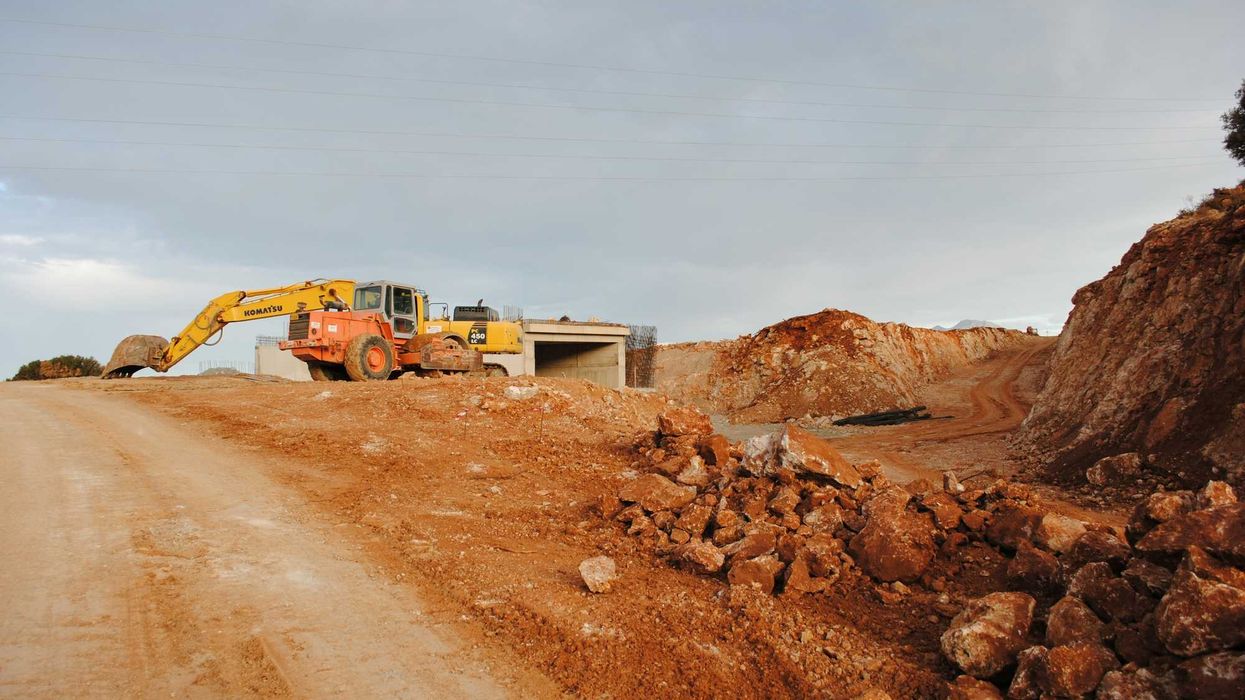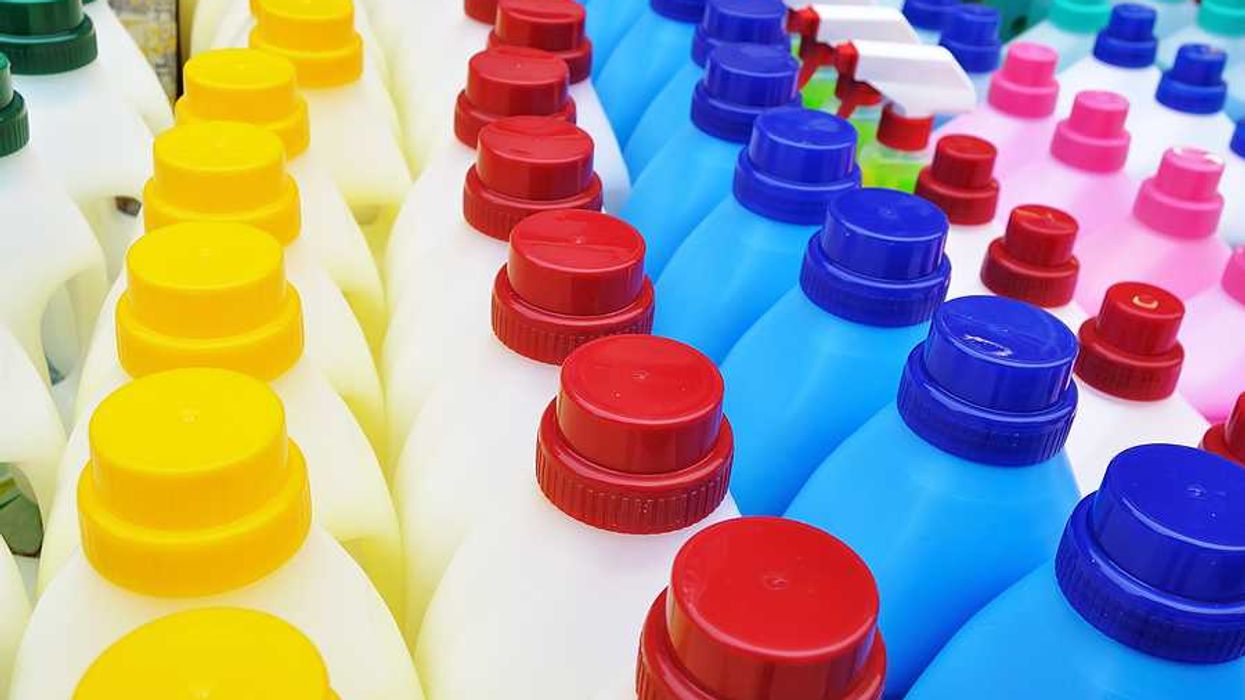Some fishers in Mali's capital say declining fish stocks in the Niger River, driven by illegal dredging and plastic pollution, are forcing them to abandon traditional livelihoods.
Mariam Sanogo reports for Mongabay.
In short:
- Fishers along the Niger River in Bamako report drastic declines in fish catches due to gold dredging operations and rampant plastic pollution.
- Despite laws prohibiting dredging, enforcement remains lax, and fishers are turning to environmentally destructive sand mining to survive.
- Experts warn that dredging stirs up toxic substances and mud, degrading water quality and fish habitats in one of West Africa’s most critical waterways.
Key quote:
“Every night, local residents take advantage of the darkness to dump their garbage in the river. This irresponsible behavior is a serious problem, not only for us fishers but for the entire fishing industry.”
— Bourama Traoré, fisherman
Why this matters:
The Niger River is a lifeline for millions across West Africa, supporting fisheries, agriculture, and transportation. But its waters are increasingly choked with plastic and tainted by gold dredging. Mercury and cyanide, often used to extract gold, seep into the river, contaminating water and slowly killing aquatic life. Meanwhile, plastic bags and waste oil smother breeding grounds and clog fishers’ nets. For riverside communities in Mali, especially in Bamako, this environmental decline is personal. Generational fishing traditions are collapsing under the weight of pollution, forcing families into sand mining, a desperate trade that worsens the same river degradation. Without urgent attention, the Niger River risks becoming too toxic to sustain the people and species that depend on it.
Related: Zimbabwe's illegal gold mining wreaks environmental havoc














